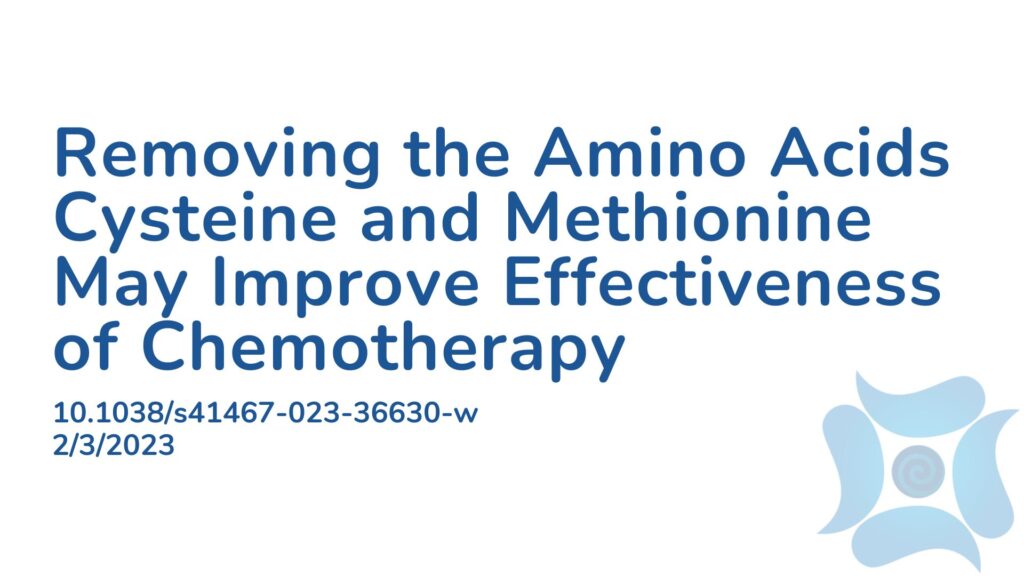Summary:
Ferroptosis, which is a type of cell death where the body goes into self destruction mode, is implicated in many cancers. Glioblastoma is a type of cancer that has an extremely poor prognosis as there is no available cure and limited understanding on what causes it. As a result, glioblastoma has a very high death rate and is one of the most fatal cancers. Researchers are desperately trying to understand ways in which this cancer can be treated. This paper focuses on the role of ferroptosis in glioblastoma and if cell death can be modified. The researchers have found that removing the two amino acids cysteine and methionine, which are typically supplied by the diet, can trigger ferroptosis. This means that the ferroptosis process can contribute to the death of the cancer cells. The research also showed that removing these amino acids makes chemotherapy drugs a lot more effective. Whilst much more research is needed in this area to understand the exact role of these amino acids, this is a promising lead for treatment for a very fatal cancer.
Abstract:
Ferroptosis is mediated by lipid peroxidation of phospholipids containing polyunsaturated fatty acyl moieties. Glutathione, the key cellular antioxidant capable of inhibiting lipid peroxidation via the activity of the enzyme glutathione peroxidase 4 (GPX-4), is generated directly from the sulfur-containing amino acid cysteine, and indirectly from methionine via the transsulfuration pathway. Herein we show that cysteine and methionine deprivation (CMD) can synergize with the GPX4 inhibitor RSL3 to increase ferroptotic cell death and lipid peroxidation in both murine and human glioma cell lines and in ex vivo organotypic slice cultures. We also show that a cysteine-depleted, methionine-restricted diet can improve therapeutic response to RSL3 and prolong survival in a syngeneic orthotopic murine glioma model. Finally, this CMD diet leads to profound in vivo metabolomic, proteomic and lipidomic alterations, highlighting the potential for improving the efficacy of ferroptotic therapies in glioma treatment with a non-invasive dietary modification.
Article Publication Date: 2/3/2023
DOI: 10.1038/s41467-023-36630-w



